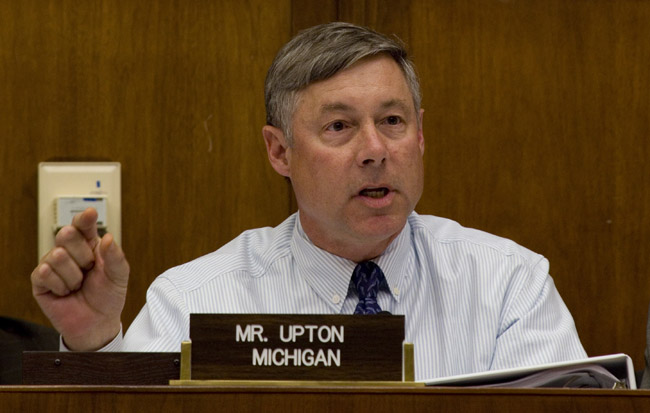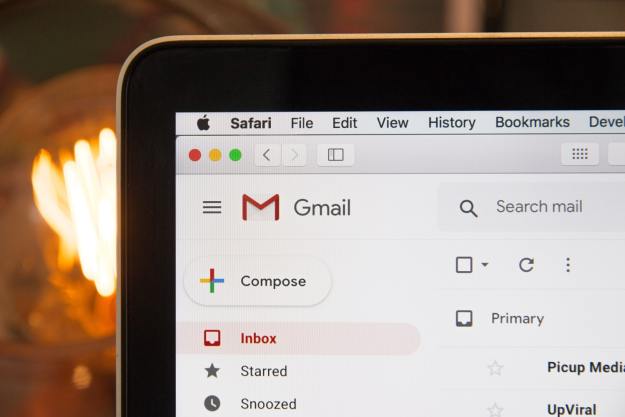
The bi-partisan House Commerce Subcommittee on Communications and Technology voted Wednesday to invalidate the net neutrality rules recently imposed by the Federal Communications Commission, reports the Washington Post. The vote comes just weeks after House Republicans voted to reject funding for the FCC initiative.
The Republican-led House panel issued a 15-to-8 vote, along party lines, to nullify the FCC rules, which were passed in December.
Congressional Republicans have been the most outspoken opponents of the FCC’s attempts to prevent Internet service providers from favoring certain types of web content over others. They say the rules would hurt job growth in the communications industries.
“If the FCC was truly weighing the costs and benefits of its actions, the agency would not be attempting to regulate the Internet,” said committee chairman Rep. Fred Upton (R-MI) in his remarks on the matter. As Crunch Gear notes, Rep. Upton has received thousands of dollars in campaign contributions from the likes of Comcast, AT&T and Verzion — all of which oppose the FCC’s net neutrality plans. AT&T is Rep. Upton’s all-time top contributor, having donated $94,600 to his campaigns.
Proponents of the net neutrality rules argue that the FCC is not, in fact, trying to “regulate the Internet” at all. Instead, it’s trying to keep the ISPs from doing exactly that — with their own profit margins in mind.
“The commission is in no way regulating the Internet,” said Gigi Sohn, president of public interest and net neutrality advocacy group Public Knowledge. “It was merely attempting to return to a modest level of traditional authority needed to safeguard the rights of Internet users.”
Republicans aren’t the only ones who have complaints against the FCC’s rules. Even many net neutrality advocates say the new rules still allowed too much room — especially when it comes to the Internet used by mobile devices — for ISPs to abuse the system, and block users from easily accessing whatever content they like, at no extra charge.


